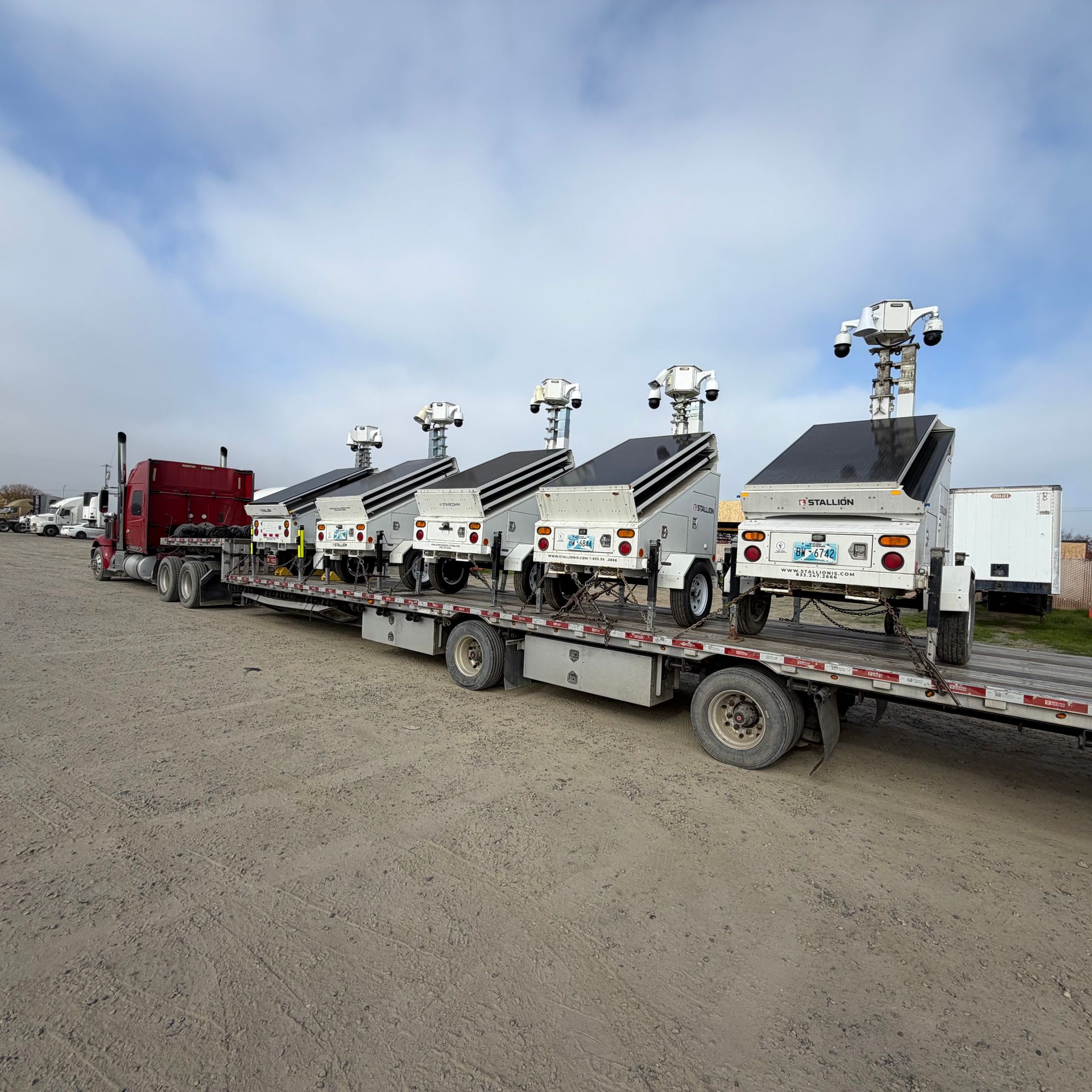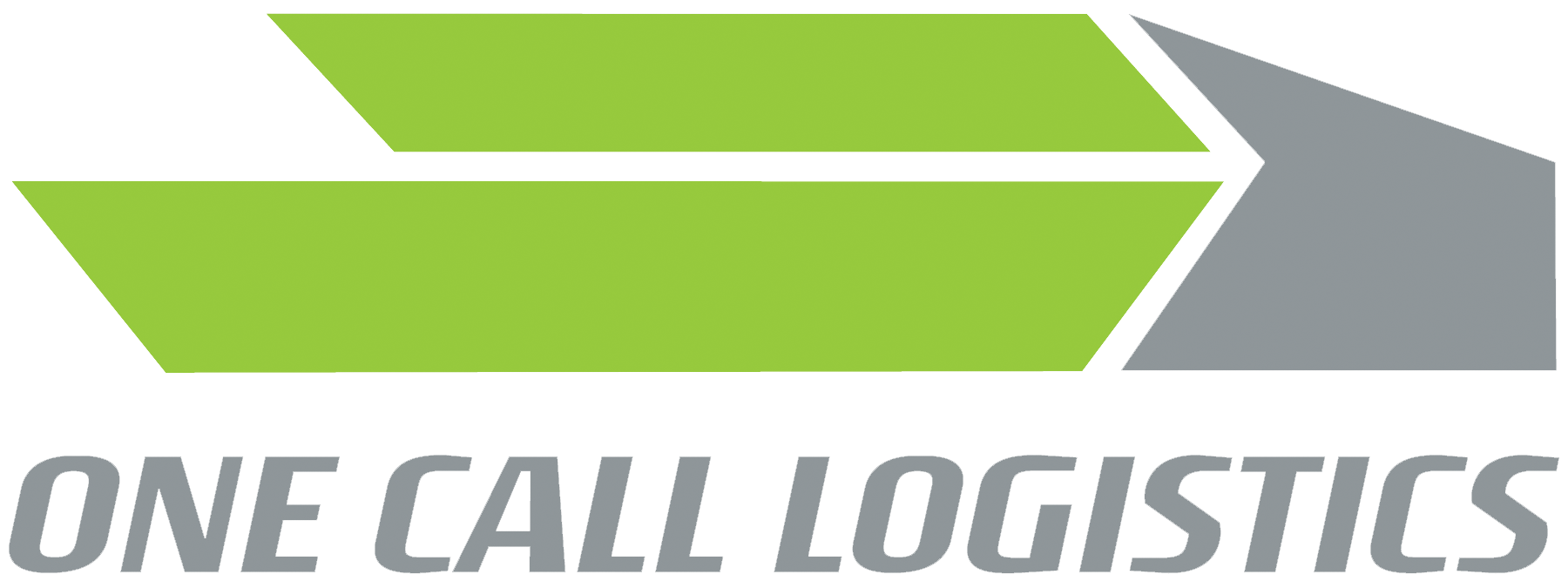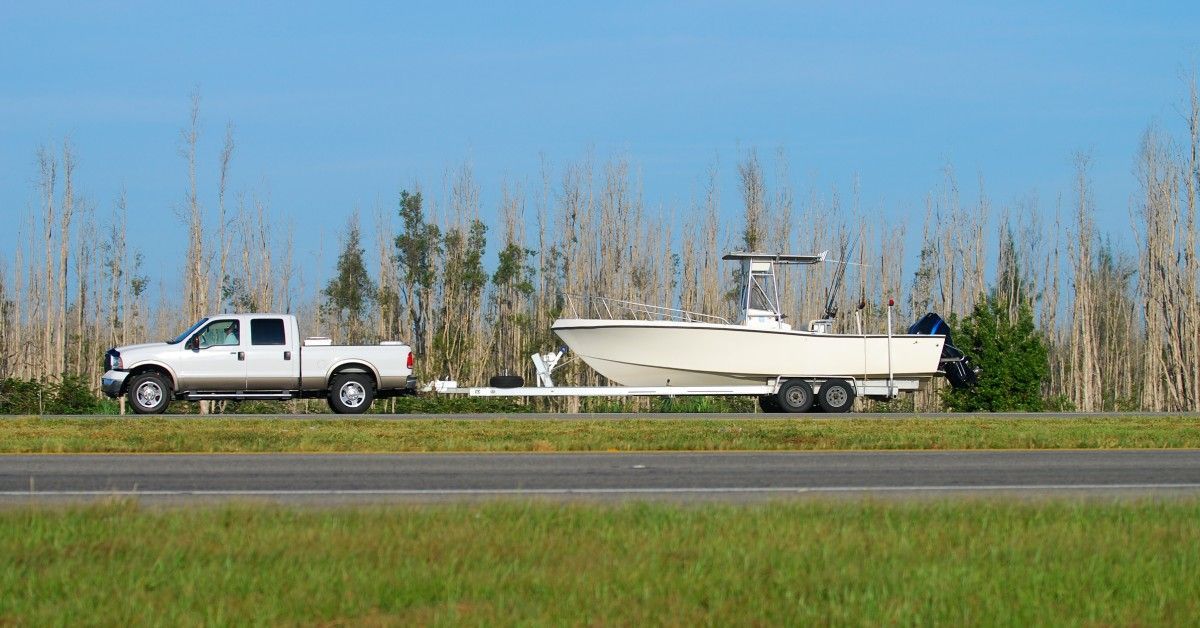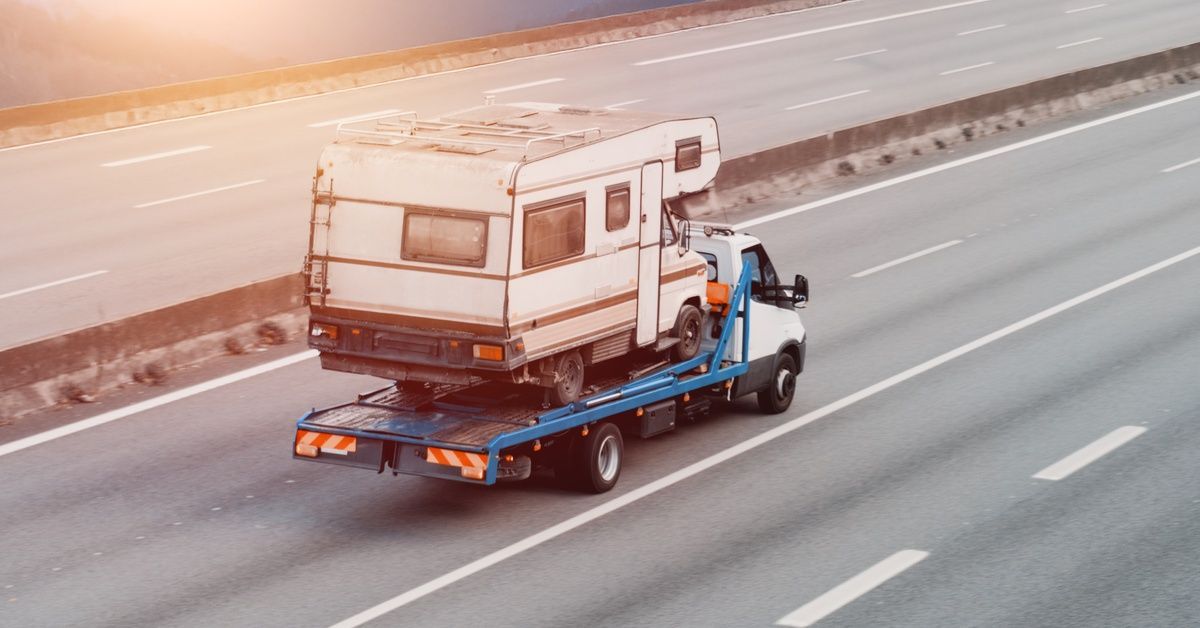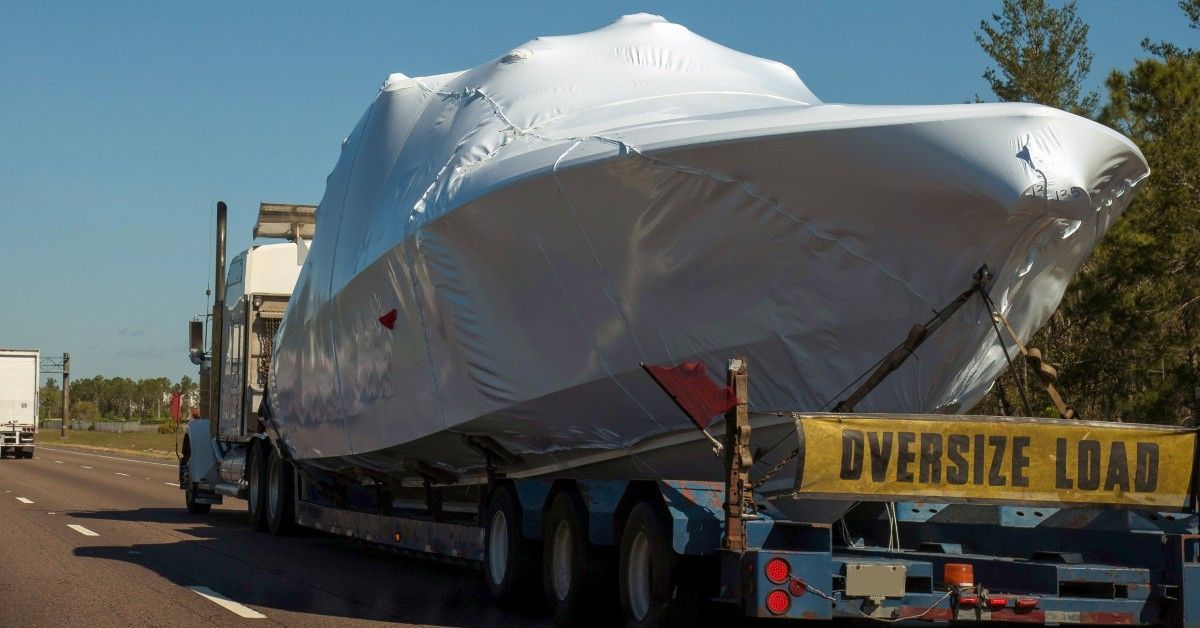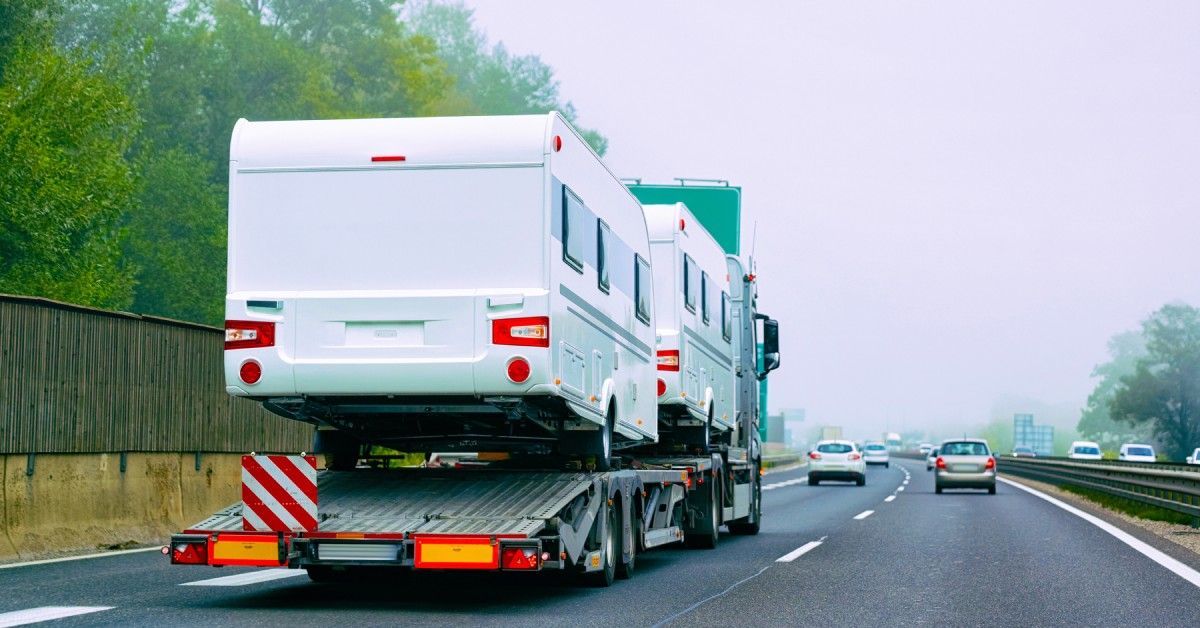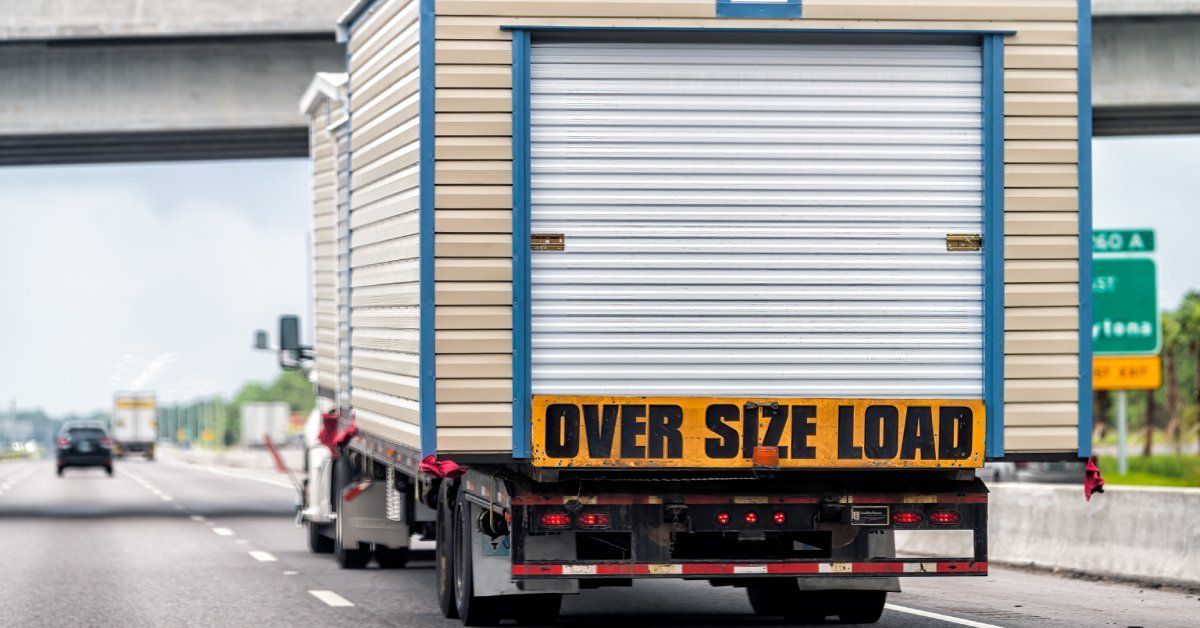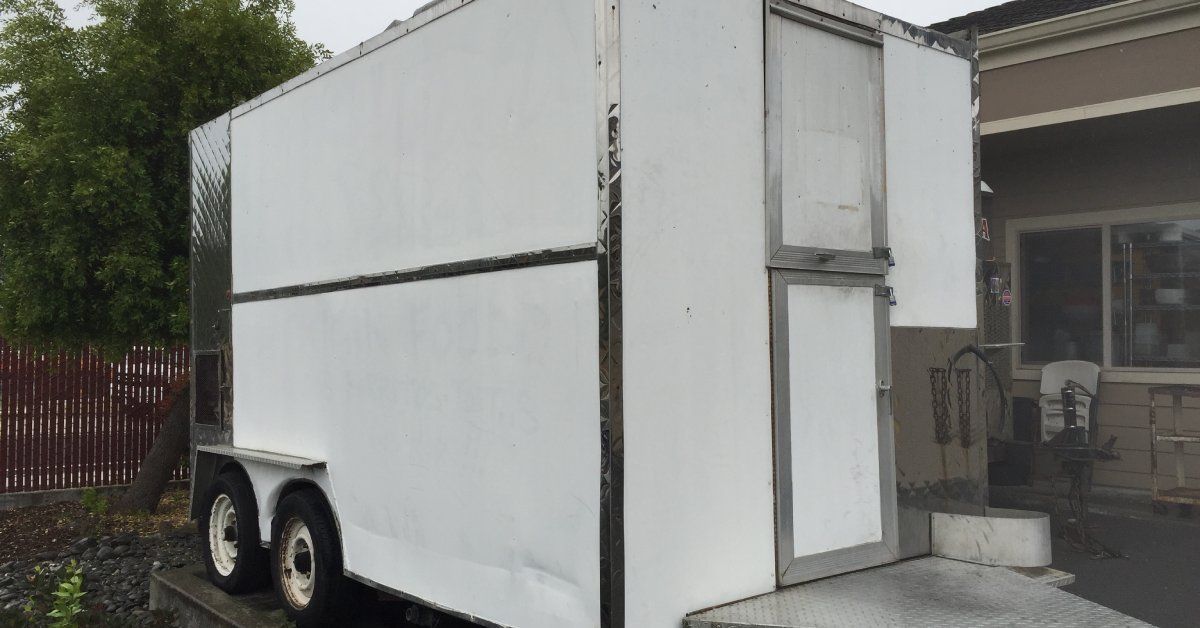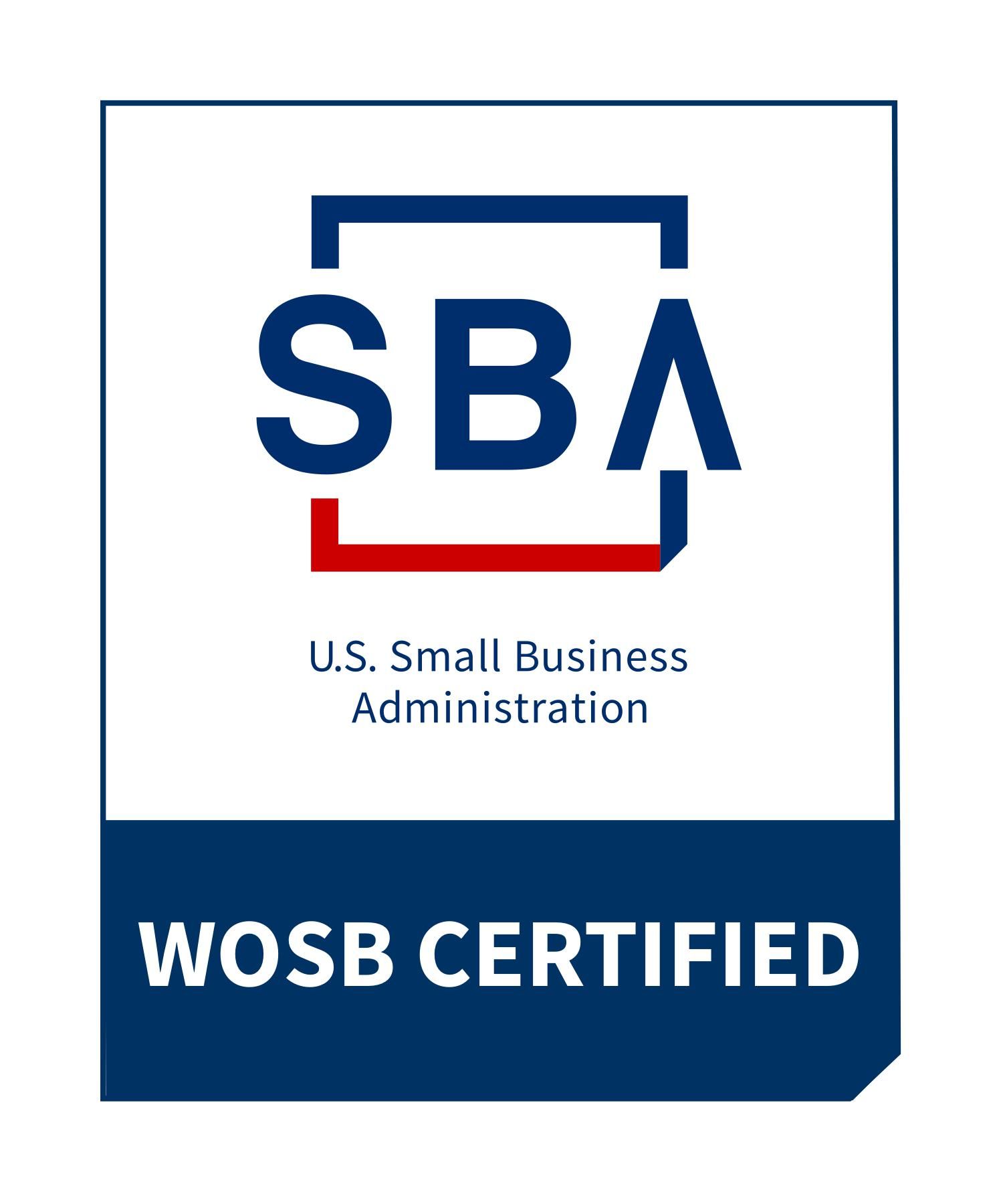Pros and Cons of Self-Moving Heavy Equipment
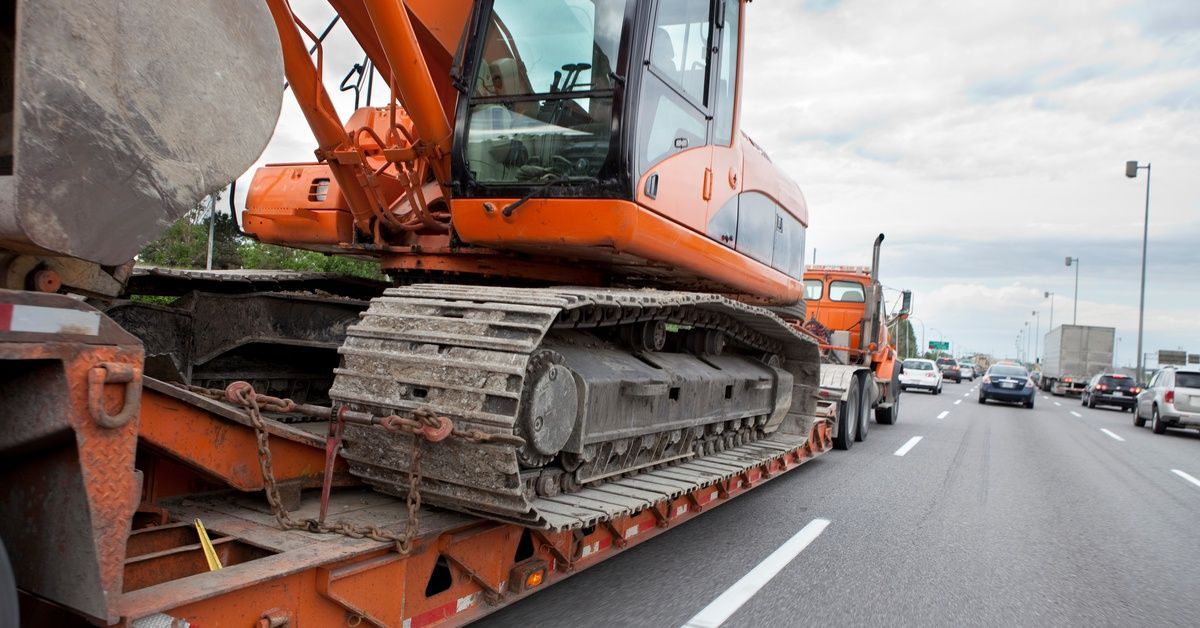
Hauling heavy equipment requires a bold undertaking that puts your equipment, budget, and peace of mind on the line. The risks of damaged machinery, legal hurdles, or costly mishaps can add up quickly if even one detail is overlooked.
Before deciding whether to take on the job yourself or rely on expert movers, weigh the pros and cons of self-moving heavy equipment. Evaluating every detail up front can help you avoid pitfalls and keep your project moving forward. Whether you’re relocating a bulldozer, an excavator, or another piece of massive machinery, every mile presents unique challenges.
Assessing Your Equipment and Route
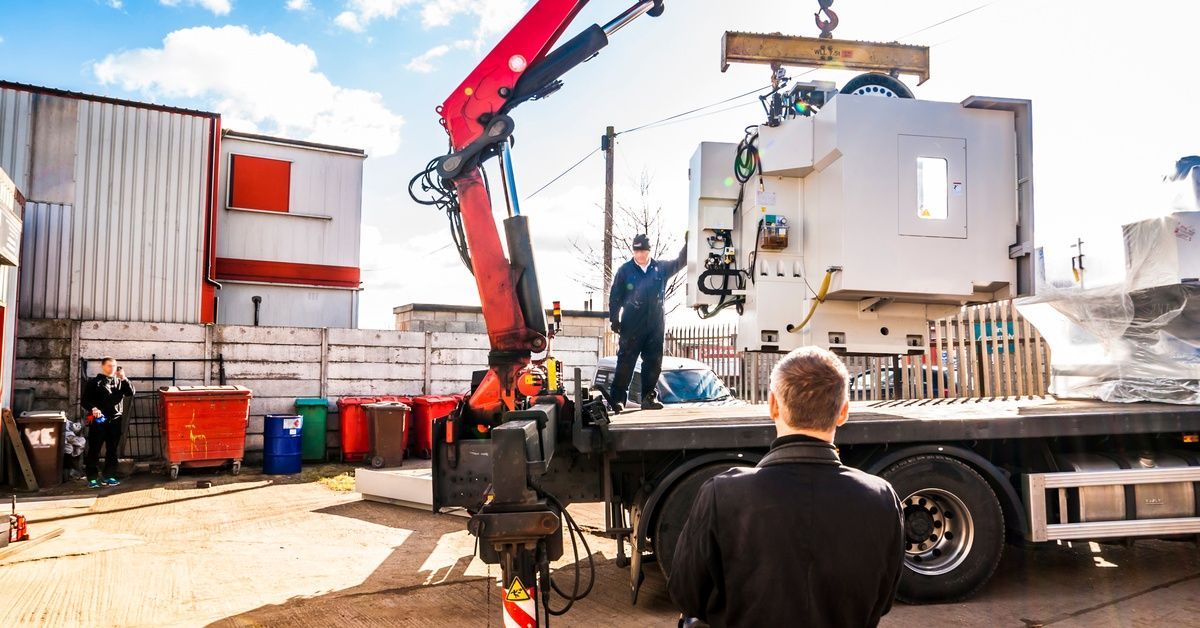
The first step in any potential self-move is a thorough assessment of what you are moving. Each type of heavy equipment has specific requirements that differ by weight, dimensions, and handling needs.
You must know the exact dimensions (height, width, length) and the total weight of your load, including the trailer or transport platform. These figures determine the type of tow vehicle required, the route you can legally take, and the permits you will need.
Route planning for oversized loads is a complex task. The design of standard GPS navigation apps is not for this purpose; they will not account for low-clearance bridges, narrow roads, weight-restricted highways, or state-specific travel restrictions.
You must manually plan a route that accommodates your load’s specific dimensions. This involves looking into every mile of the journey, checking state and local Department of Transportation (DOT) websites for restrictions, and anticipating potential road closures or construction. A miscalculation can result in dangerous situations, costly fines, or a completely impassable route.
The True Cost: DIY vs. Professional Services
On the surface, a do-it-yourself move appears to be the most cost-effective option because a professional service might seem like a large upfront cost. However, the hidden costs of a self-move can quickly accumulate and sometimes exceed the price of hiring an expert.
Consider these potential expenses:
- Tow Vehicle: Do you own a truck powerful enough to safely tow your load’s weight over long distances, including up steep grades? If not, you may need to rent a suitable vehicle, which can be a significant expense.
- Fuel: Towing heavy equipment drastically reduces fuel efficiency. A cross-country trip can result in a substantial fuel bill.
- Permits and Escorts: Nearly every state requires special permits for oversized loads. The application process can be complex, and fees vary. For wider or taller loads, states may also mandate the use of pilot or escort vehicles, which is an additional cost you must arrange and pay for.
- Accommodations: A long-distance move can take several days, especially with restrictions on nighttime or weekend travel for oversized loads. You will need to budget for hotels and food along the way.
- Unexpected Repairs: A breakdown of your tow vehicle or trailer can bring your move to a halt and lead to costly roadside repairs.
When you request a quote from a professional moving company like One Call Logistics, the price is typically all-inclusive. It covers the driver, the appropriate truck, fuel, all necessary permits, and the company's insurance. This provides a clear, predictable cost without the risk of unforeseen expenses.
Navigating Permits, Regulations, and Insurance
The legal landscape of moving oversized items is intricate. Each state has its own set of rules governing dimensions, weight limits, and travel times. A load that is legal in one state may require different permits or an escort vehicle as soon as it crosses into the next.
Securing the correct permits is your responsibility in a self-move. This often involves contacting the DOT for each state on your route, filling out applications, and paying fees. Failure to obtain the right permits can lead to law enforcement pulling you over, issuing heavy fines, and impounding your vehicle and load until the proper paperwork is in order.
Insurance is another critical factor. Your standard auto or equipment insurance policy may not cover a large, non-standard item like heavy equipment while it is in transit, especially if you are the one towing it. You must verify your coverage and purchase additional trip or cargo insurance if needed.
A professional heavy equipment transport company carries extensive liability and cargo insurance, protecting your property against damage or loss during the move.
Safety, Risk, and Liability
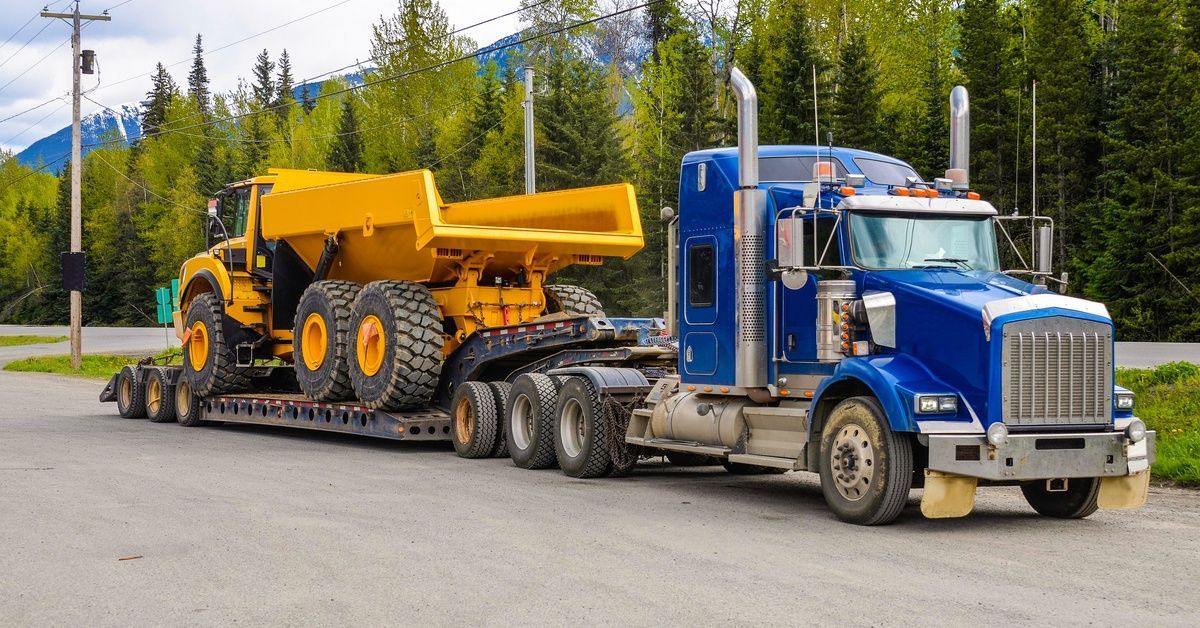
Towing a heavy, wide, or tall load is fundamentally different from driving a car or even towing a small trailer. The increased weight affects braking distance, and the size impacts maneuverability. Crosswinds can make the load difficult to control, and tight turns become a major challenge. Without experience, the risk of an accident is much higher.
You are personally liable for any damage or injury your load causes. If a tire blows out and causes an accident, or if you misjudge a turn and strike another vehicle or property, the financial and legal consequences fall directly on you.
Professional drivers are trained to handle these challenges. They have the experience to anticipate problems and manage the unique physics of towing large items safely.
Time and Logistical Coordination
A self-move demands a significant time commitment that goes far beyond the actual driving days. The logistics, route planning, and permit application process can take weeks. You must also prepare your heavy equipment for travel. This means securing the machinery and ensuring the trailer and tires are in excellent condition. This coordination rests entirely on your shoulders.
By contrast, hiring a company like One Call Logistics streamlines the entire process. We handle the complex logistics, from planning the safest route to securing all state permits. This frees you up to focus on other aspects of your move and saves you valuable time, and reduces stress. Our expertise in moving heavy equipment means we have established processes to manage these moves efficiently.
When to DIY and When To Call the Professionals
A self-move might be a reasonable choice for a short-distance move of smaller heavy equipment, provided you have a capable tow vehicle and experience towing heavy loads. If you are comfortable with the legality aspects and your route is simple, the cost savings could be worth the effort.
However, for long-distance, cross-country moves, or for particularly large and heavy assets, the benefits of hiring a professional service often outweigh the perceived savings. One Call Logistics specializes in these complex moves. We take the burden off your hands. Our experienced team gives you peace of mind that your valuable equipment will arrive at its destination safely and securely.
Before you commit to the challenges of a self-move, carefully review the pros and cons of self-moving heavy equipment. A realistic assessment of your time, budget, and experience will guide you toward the best decision. If you decide the risks and complexities of a self-move are too great, we invite you to request a no-obligation quote from One Call Logistics for your upcoming move.
